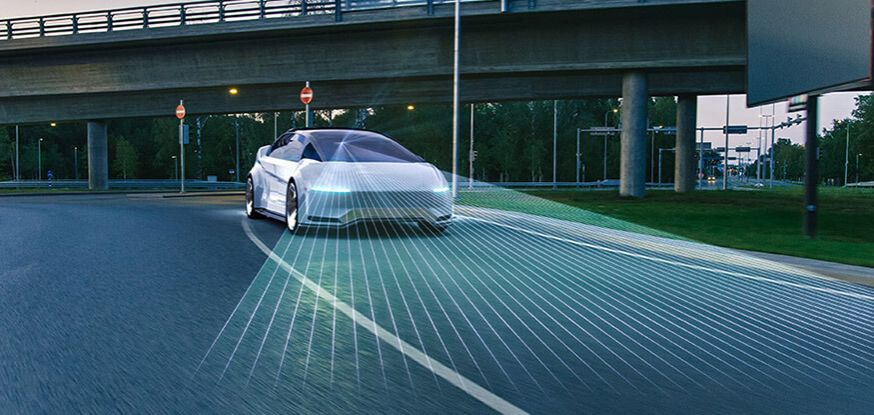The ‘Ordinance on Automated Driving,’ approved by the Swiss Federal Council, will enable drivers to utilize automated piloting systems, such as Tesla’s autopilot, on motorways nationwide.
This initiative builds on the partial revision of the Federal Road Traffic Act (SVG) in 2023, which laid the foundation for the legal framework of automated driving.
Prioritizing Public Safety
While the initiative marks a major advancement in Switzerland’s autonomous vehicle technology, drivers should remain vigilant and prepared to take control of the vehicle if prompted by the system.
Local cantons will designate specific approved routes for autonomous driving, and driverless parking systems will be provided under local regulations.
To ensure safety, these vehicles will be remotely monitored from central control stations. The Federal Roads Office (OFROU) will issue guidelines for evaluating routes and establishing a monitoring group to oversee cantonal decision-making.
Accelerating the Autonomous Vehicle Journey
Ioki, European digital mobility and autonomous transport company, has been selected as the software partner for this initiative and will collaborate with key stakeholders including the Canton of Zurich, Swiss Federal Railways (SBB), and the Swiss Transit Lab, to improve rural mobility.
The autonomous fleet will feature Nissan vehicles equipped with WeRide’s advanced automated driving technology. Online booking will be supported by a user-friendly app by ioki, seamlessly integrating with the existing public transport infrastructure.
Additionally, the app will manage route planning for autonomous vehicles, ensuring efficient and flexible transport options.
ioki’s on-demand mobility solutions implemented 150 projects across Europe, serving over 7 million passengers. The company’s software will calculate optimal routes for autonomous vehicles based on demand and vehicle location.
Michael Barillè-Scholz, CEO at ioki, highlighted, “With our on-demand technology, we are making a significant contribution to improving mobility in rural areas. Developing future mobility concepts is crucial for driving the digital and sustainable transformation of public transport.”


















